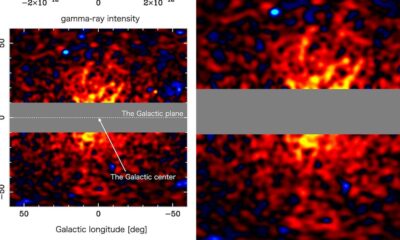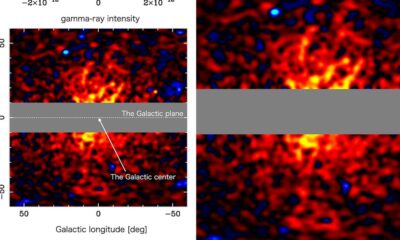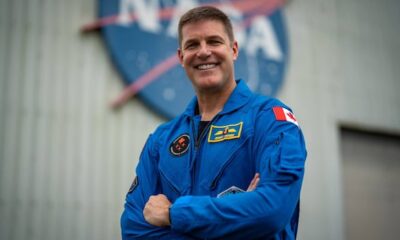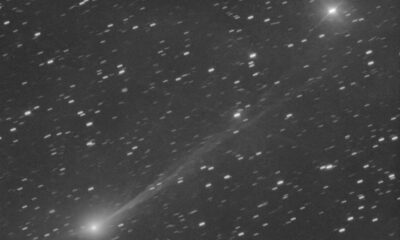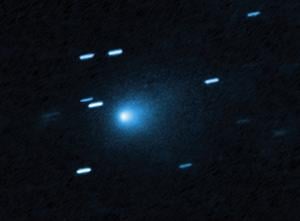Science
Spaceflight Accelerates Aging in Human Stem Cells, Study Reveals
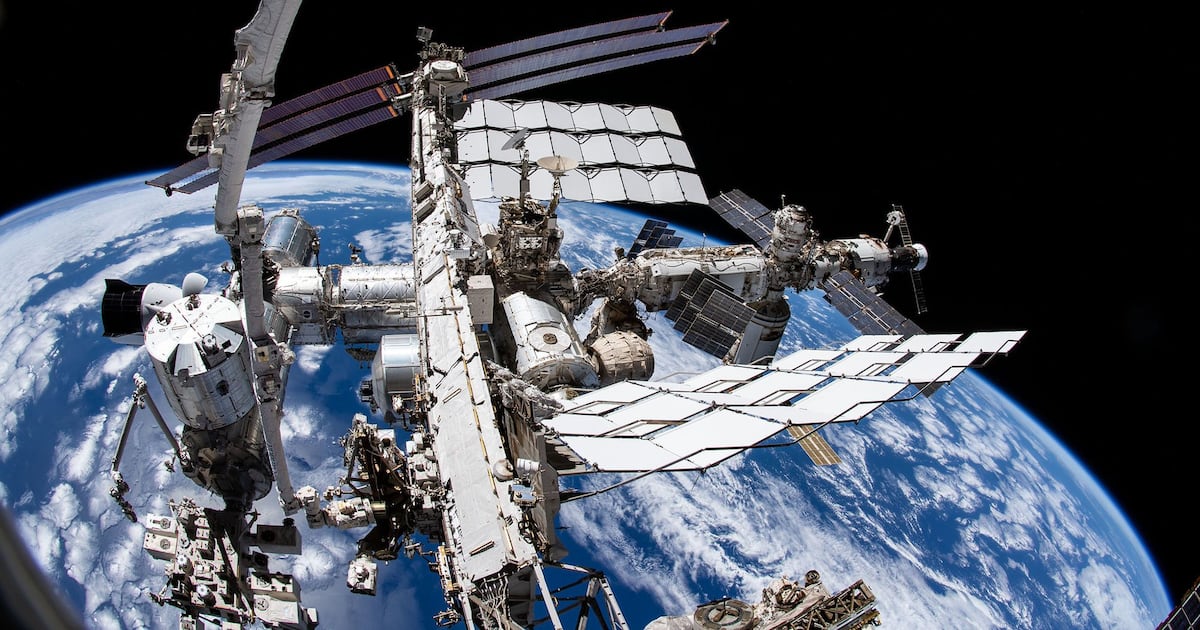
Research has revealed that spaceflight can accelerate aging in human stem cells, highlighting significant implications for long-term space missions. A study led by Catriona Jamieson, director of the Sanford Stem Cell Institute and professor of medicine at the University of California, San Diego, found that stem cells exhibit diminished functionality during space travel. This research, partially funded by NASA, was published on March 15, 2024, in the journal Cell Stem Cell.
The study utilized stem cells from patients undergoing hip replacement surgery, which were placed in bioreactors on the International Space Station (ISS) during four resupply missions operated by SpaceX from late 2021 to early 2023. Jamieson explained, “In space, stem cells decline in function. They actually reduce their ability to renew themselves or regenerate, and that’s an important thing to be able to know for long-term space missions.”
Impact of Space Conditions on Stem Cell Functionality
The research demonstrated that under microgravity conditions, stem cells became more active than usual, leading to exhaustion and signs of accelerated aging. The cells were continuously monitored by an artificial intelligence system that tracked their state in real time. Jamieson noted, “Our stem cells should be asleep (inactive) 80 percent of the time to retain their full function. However, that wasn’t the case in space.”
Some of the stem cells in the experiment remained in space for up to 45 days. The increased activity caused them to deplete energy reserves and activate dormant segments of DNA, referred to as the “dark genome.” Jamieson stated, “Under conditions of stress, really strong stress, we activate these repetitive elements. They send the stem cells into a death spiral.” This phenomenon mirrors the stress observed in stem cells of patients with preleukemic disorders, which Jamieson actively researches in her clinical practice.
Future studies are planned to explore countermeasures to mitigate these effects on stem cells. Jamieson expressed optimism, stating, “We can actually use these bioreactors, or avatars for stem cell health, to predict who’s likely to do well and who’s likely to do extremely badly in space.”
Health Implications for Astronauts and Beyond
Findings from this research could have dire implications for astronauts, as weakened stem cell functionality may compromise blood and immune systems during extended missions. Arun Sharma, a stem cell biologist and associate professor at Cedars-Sinai Medical Center, emphasized that understanding these effects could lead to new therapies aimed at slowing or reversing the aging process.
The study also sheds light on the potential health risks associated with long-range space expeditions due to the damaging effects of radiation exposure and microgravity on stem cells. Luis Villa-Diaz, an assistant professor at Oakland University, highlighted the importance of addressing these issues to support future space exploration: “Knowing the potential negative effects that low Earth orbit has on stem cell aging and function gives us directions to address these issues.”
Interestingly, not all research on stem cells in space yields the same conclusions. Elena Kozlova, a professor at the University of Uppsala, pointed out that her own studies indicated certain conditions in space could promote healthier stem cell states, suggesting a complex relationship between microgravity and cellular function.
While the findings raise significant concerns regarding astronaut health, preliminary results suggest that stem cells can recover from accelerated aging once an astronaut returns to Earth, although full recovery may take up to a year. Jamieson noted that this research could also benefit cancer patients, as the stress-related damage observed in space parallels challenges in cancer treatment.
Overall, this study represents a critical step in understanding how space travel impacts human biology, offering pathways to improve astronaut health and potentially advancing medical research on Earth.
-

 Politics1 month ago
Politics1 month agoSecwepemc First Nation Seeks Aboriginal Title Over Kamloops Area
-

 World5 months ago
World5 months agoScientists Unearth Ancient Antarctic Ice to Unlock Climate Secrets
-

 Entertainment5 months ago
Entertainment5 months agoTrump and McCormick to Announce $70 Billion Energy Investments
-

 Science5 months ago
Science5 months agoFour Astronauts Return to Earth After International Space Station Mission
-

 Lifestyle5 months ago
Lifestyle5 months agoTransLink Launches Food Truck Program to Boost Revenue in Vancouver
-

 Technology3 months ago
Technology3 months agoApple Notes Enhances Functionality with Markdown Support in macOS 26
-

 Lifestyle3 months ago
Lifestyle3 months agoManitoba’s Burger Champion Shines Again Amid Dining Innovations
-

 Top Stories2 months ago
Top Stories2 months agoUrgent Update: Fatal Crash on Highway 99 Claims Life of Pitt Meadows Man
-
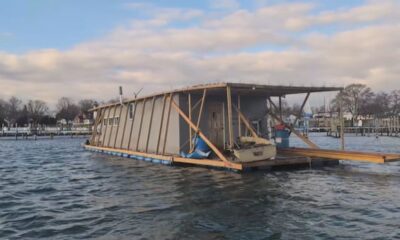
 Top Stories2 weeks ago
Top Stories2 weeks agoHomemade Houseboat ‘Neverlanding’ Captivates Lake Huron Voyagers
-

 Politics4 months ago
Politics4 months agoUkrainian Tennis Star Elina Svitolina Faces Death Threats Online
-

 Sports5 months ago
Sports5 months agoSearch Underway for Missing Hunter Amid Hokkaido Bear Emergency
-

 Politics5 months ago
Politics5 months agoCarney Engages First Nations Leaders at Development Law Summit



